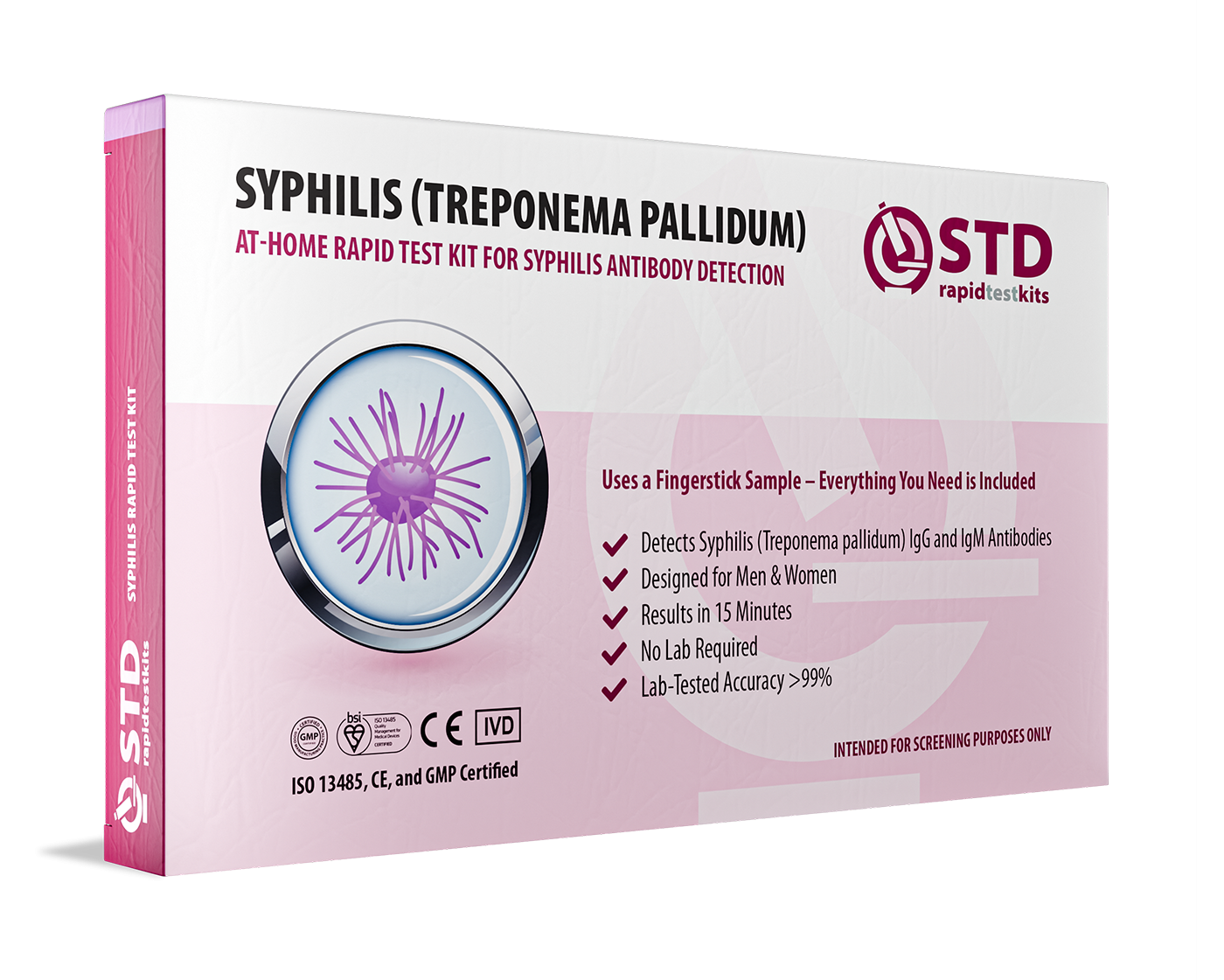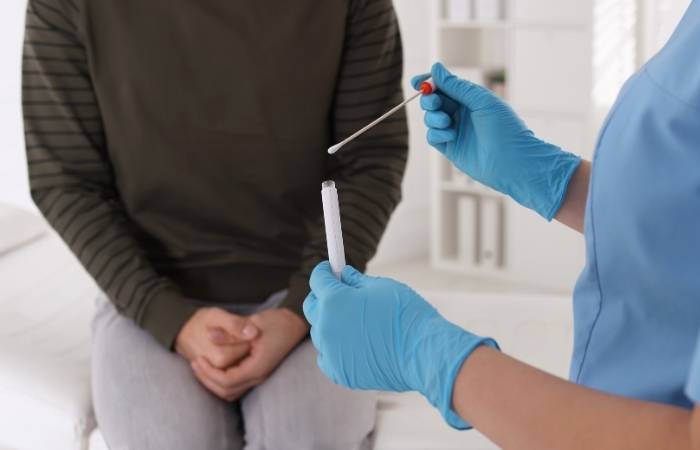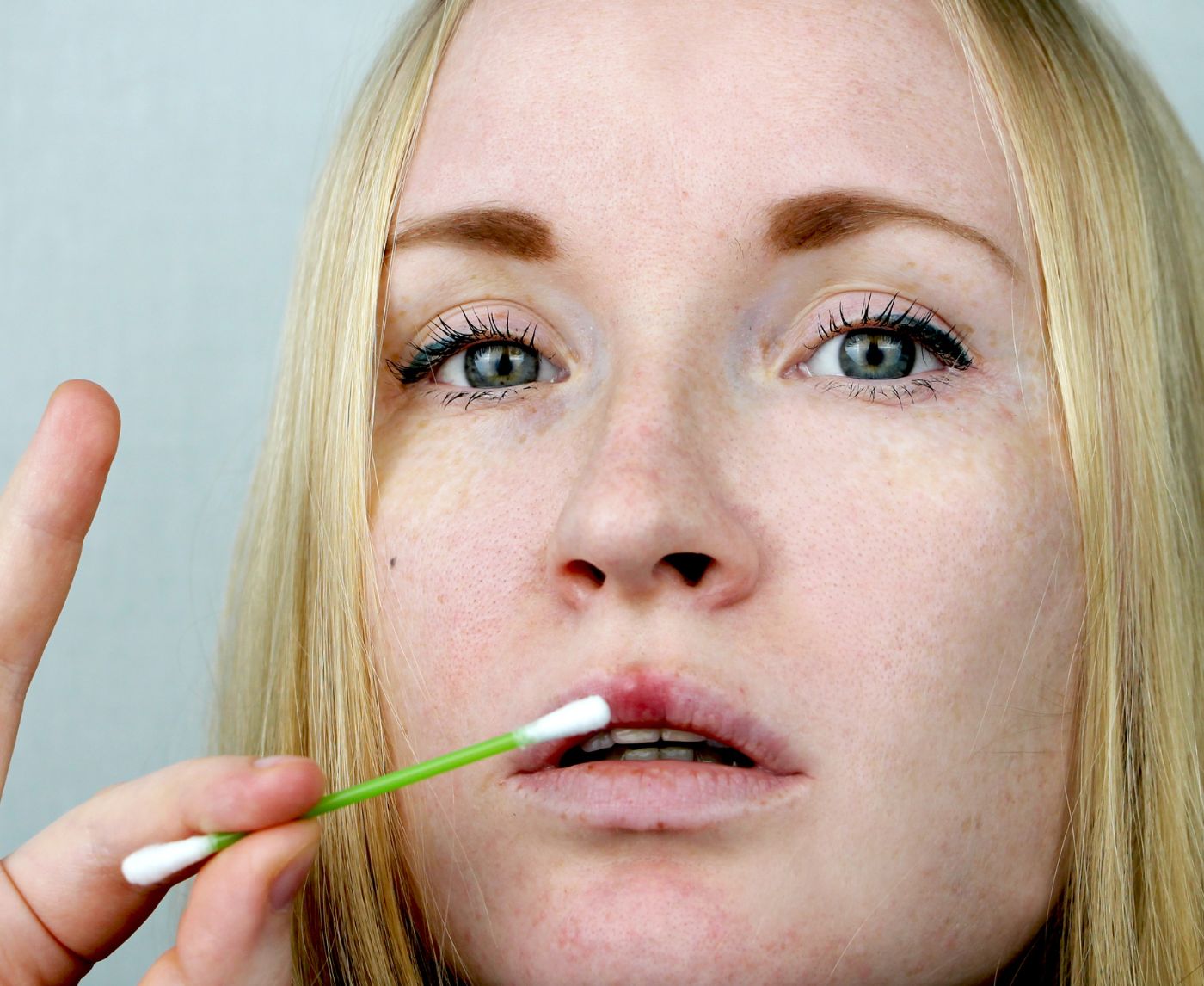STD Testing After a Vacation Fling: What to Do Before You Fly Home
Synopsis: Where Syphilis Came From
Long has the controversy raged over where syphilis first emerged. According to historical accounts, the illness was first brought to light during the Renaissance in Europe in the late 15th century. Some believe that diseased crewmen brought the disease back from the Americas during Christopher Columbus's travels, therefore linking its emergence to those voyages.
Disfigurement, neurological problems, and mortality were among the consequences of the rapid spread of syphilis over Europe, which was once referred to as the "Great Pox" to differentiate it from smallpox. Its fast spread demonstrated how little was known about infectious diseases back then. Many people were afraid and misinformed about syphilis because of the stigma associated with the disease.
The effects of syphilis, despite its renown in the past, are still significant in the present. The significance of early detection and education is highlighted, as at-home STD test kits are now essential tools in these fields.

Benefits Include: Improvements in Health Care Diagnosis and Treatment
Since the first known case of syphilis, there has been significant progress in both diagnosis and treatment. In the beginning, people would utilize dangerous cures like mercury ointments, which did more harm than good. An effective cure for syphilis was made possible by the 1928 discovery of penicillin, which saved innumerable lives.
The way syphilis is diagnosed has also been revolutionized by modern diagnostic technologies. Innovations like at-home STD test kits have supplemented traditional approaches like blood testing done in clinics. These bundles provide:
- Convenience: You can take the test without leaving your house without having to schedule an appointment at the clinic.
- Confidentiality: Steer clear of any stereotypes that may be linked to sexually transmitted disease testing.
- Accessibility: Make it possible for people in underprivileged or far-flung places to keep tabs on their sexual health.
Now that there are accessible testing techniques and efficient treatment alternatives, syphilis can be managed with early intervention rather than being a death sentence.
Problems or Dangers: Negative Connotations and Latent Infections
Combating syphilis continues to be a challenge, even with medical breakthroughs. Disparaging attitudes about sexually transmitted diseases are a major obstacle. For fear of stigma, many people put off getting tested or coming clean about their status. Because of this hesitation, infections may go untreated, which can spread the disease.
The fact that syphilis is silent is another obstacle. Since the disease typically advances via asymptomatic stages, it is challenging to identify in the absence of routine testing. Severe consequences, such as heart disease, neurological problems, and an increased vulnerability to HIV, can result from untreated syphilis.
One solution to these problems is the rise of at-home STD test kits, which provide a convenient and covert way for people to monitor their health status without feeling shamed.
Advice or Suggestions: The Function of Do-It-Yourself Evaluations
Home STD test kits have changed the game in response to these obstacles. To make the most of these advancements, consider the following:
- Regular Testing: If you engage in sexual activity on a regular basis, it is imperative that you incorporate STD testing into your healthcare practice.
- Rely on Reliable Kits: For exact results, use an at-home test kit that has been approved by the Food and Drug Administration (FDA), like the ones offered by STD Rapid Test Kits.
- Educate Yourself: To better appreciate the impact of syphilis, it is important to learn about its symptoms and hazards.
- Seek Treatment Promptly: If you get a positive result, it's important to see a doctor right away so you can start treatment and avoid complications.
People can prevent syphilis and ensure the safety of their relationships by making these changes to their daily routines.
Order Now $33.99 $49.00 Check Your STD Status in Minutes
Test at Home with Remedium
Syphilis Test Kit




Statistics Revealed: Syphilis by the Numbers
- Global Prevalence: World Health Organization estimates that 6 million new cases of syphilis occur annually on a global scale.
- Rates of Reinfection: People who have syphilis once are more likely to get it again, according to studies.
- Access Challenges: There are testing solutions available, however many people in low-income areas may not have access to diagnostic instruments.
These numbers show how important testing and education continue to be. Particularly in places where healthcare facilities are few, at-home STD test kits provide a scalable answer to these problems.
Professional Views and Real-Life Examples
"The advent of at-home STD testing has transformed sexual health," according to infectious disease expert Dr. Sarah Thompson. "It tackles obstacles like stigma and accessibility while empowering people to take charge of their health."
There is evidence from case studies that at-home testing is effective. An example of this is a community health effort that brought home syphilis test kits to rural Africa. Within two years, the rates of early detection and treatment increased by 30%.

Background Information: From Epidemics to Important Medical Events
Syphilis has presented unique societal and medical challenges throughout its long existence. Important landmarks encompass:
- During the Siege of Naples in 1494–1495, the first known epidemic in Europe occurred.
- Treponema pallidum, the infectious agent, was discovered in 1905.
- In 1928, penicillin was developed as a treatment.
- STD stigma was addressed by the launch of public health initiatives in the 1970s.
The significance of ongoing research and teaching in syphilis management is highlighted by these occurrences.
Innovations in STD Testing: A Look Into the Future
Additional progress in testing and therapy is crucial for the future of syphilis management. New developments encompass:
- Integrating AI: Improving the precision of diagnoses.
- Wearable Tech: Tracking the physical manifestations of sexually transmitted diseases as they occur.
- Increased Access: Making home STD test kits more affordable on a worldwide scale.
New methods of sexual health management are on the horizon, and they hold great promise for improving both efficiency and accessibility.
Real-World Use: Preserving Yourself and Your Spouse
So that you can put this article's advice to use:
- Make consistent testing with trustworthy at-home STD test kits a top priority.
- To lessen the stigma, have open discussions about sexual health with your spouse.
- Learn about the newest developments in the fight against sexually transmitted diseases.
You and your community's health are both protected when you take preventative measures.
Popular Falsumptions
Myth: Syphilis Became Extinct Long Ago.
There are millions of new cases of syphilis every year, making it a serious public health problem around the world.
Myth: Syphilis doesn't affect people who aren't sexually active.
The fact is that the number of partners has no bearing on the danger for anyone engaging in sexual activity.
Fake News: Home STD tests can't be trusted.
As an alternative to clinical testing, kits that have been approved by the FDA are very accurate.
Order Now $129.00 $343.00 Check Your STD Status in Minutes
Test at Home with Remedium
7-in-1 STD Test Kit




For all 7 tests
FAQs
1.- Can you tell me what syphilis is and how it spreads?
The bacteria Treponema pallidum causes syphilis, a sexually transmitted disease. The syphilis virus is transmitted from person to person through sexual contact with an infected sore.
2.- Is curing syphilis possible?
Antibiotics, such as penicillin, can effectively treat and cure syphilis, particularly if caught early.
3.- What are the home tests for syphilis?
A discrete and accurate way to test for sexually transmitted diseases is with an at-home kit, like the ones offered by STD Rapid Test Kits.
4.- If syphilis is not treated, what are the consequences?
Organ failure, neurological problems, and an increased risk of HIV infection are among the serious consequences that can arise from untreated syphilis.
5.- Just how reliable are home STD testing kits?
When used properly, kits approved by the FDA do produce results that are on par with clinical testing.
6.- What are the early symptoms of syphilis?
Early symptoms include painless sores at the site of infection, swollen lymph nodes, and rashes, which may appear weeks after exposure.
7.- Can syphilis be transmitted non-sexually?
While sexual contact is the primary mode of transmission, syphilis can also spread through direct contact with infected sores during childbirth.
8.- How long does it take for syphilis symptoms to appear?
Symptoms can appear 10-90 days after exposure, with an average incubation period of about 21 days.
9.- Can syphilis resolve on its own without treatment?
While some symptoms may subside, the infection persists and can progress to severe stages if untreated.
10.- Is syphilis more common in certain demographics?
Syphilis disproportionately affects individuals in certain high-risk groups, such as men who have sex with men (MSM) and individuals with multiple sexual partners.

Take Charge of Your Health!
The prevalence of syphilis in the past should make us all more vigilant about our sexual health today. Managing this disease has come a long way from its catastrophic epidemics in the 15th century to the accessible options of today, such as at-home STD test kits. We can attack syphilis effectively and decrease its influence on world health by accepting regular testing and educating ourselves.
Stop letting your sexual health slide by without checking with STD Rapid Test Kits for dependable at-home STD testing kits.
Sources
1.- History of Syphilis Part 1
3.- Clinical Infectious Diseases: Syphilis Research
4.- ScienceDirect: Syphilis Studies
5.- Wikipedia: History of Syphilis
6.- PMC: Syphilis and Public Health










